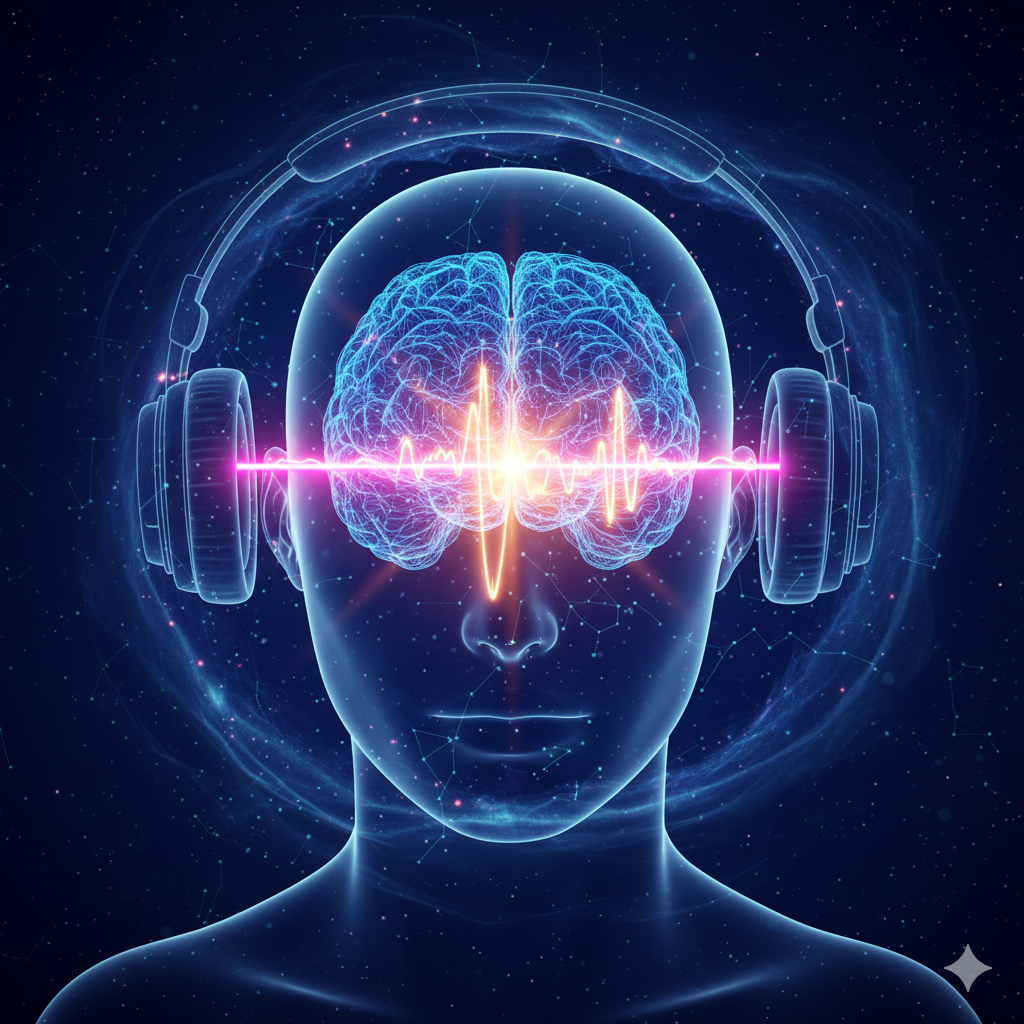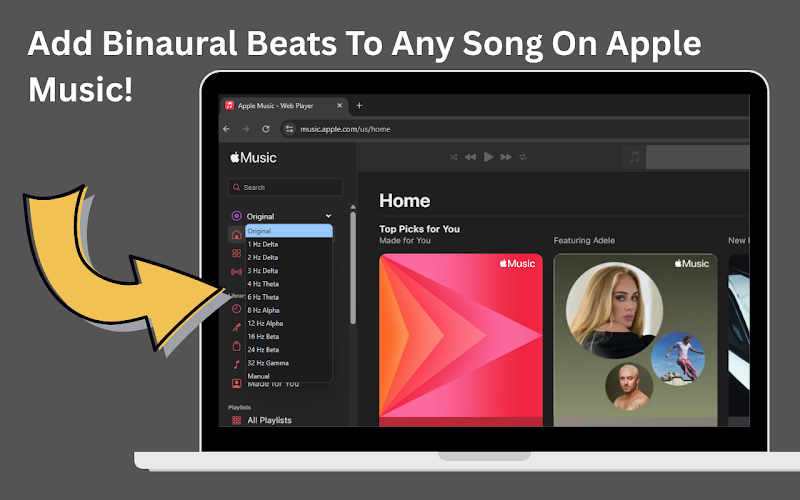If you’ve ever struggled with stress, lack of focus, or difficulty sleeping, you’ve likely looked for effective solutions. Among the plethora of wellness tools, binaural beats have emerged as a popular method that taps into your brain’s natural potential. But what exactly are binaural beats, and can they genuinely enhance your mental and emotional well-being?
What Exactly Are Binaural Beats?
Binaural beats aren’t music or traditional soundtracks. Instead, they’re auditory illusions created when each ear receives a slightly different frequency. Imagine your left ear hears a tone at 300 Hz, and your right ear hears one at 310 Hz. Your brain doesn’t perceive two separate sounds; instead, it hears a gentle rhythmic pulse—the binaural beat—at 10 Hz, the difference between the two frequencies.
This fascinating auditory phenomenon gently nudges your brainwaves into specific patterns, each linked to unique mental and physical states.
Demystifying Brainwave Frequencies
Your brain operates in different states throughout the day, each associated with specific brainwave patterns:
- Delta Waves (0.5 – 4 Hz): Deep sleep and healing
- Theta Waves (4 – 8 Hz): Creativity, meditation, and intuition
- Alpha Waves (8 – 12 Hz): Relaxation and stress relief
- Beta Waves (12 – 30 Hz): Alertness, focus, and logical thinking
- Gamma Waves (30 – 100 Hz): Advanced cognition and problem-solving
Binaural beats effectively guide your brain into these beneficial states with minimal effort on your part.
Can Binaural Beats Really Make a Difference?
Yes, and research backs this up. Studies suggest that consistent exposure to binaural beats can significantly improve relaxation, reduce anxiety, enhance focus, and even promote better sleep. They’re easy to use, completely safe, and accessible for anyone with headphones.
Getting Started: What You Need to Know
To maximize benefits:
- Use Headphones: Essential for delivering separate frequencies to each ear.
- Find Quiet: A comfortable, quiet place helps your brain respond better.
- Be Consistent: Like any habit, regular practice (about 20-30 minutes daily) yields better and more noticeable results.
Are There Any Risks?
Binaural beats are considered safe for most people. However, if you’re prone to seizures or have a neurological condition, consult your doctor first. Also, avoid using binaural beats while driving or performing tasks requiring full attention.
Final Thoughts
Binaural beats aren’t a magical quick fix. However, they’re a powerful tool to help unlock your mind’s potential in a practical, scientifically-supported way. Whether you’re seeking relaxation, better focus, or improved sleep, adding binaural beats to your wellness toolkit can significantly enhance your daily life.
Ready to experience it yourself? Grab your headphones, find your ideal track, and discover the profound benefits binaural beats have to offer.



